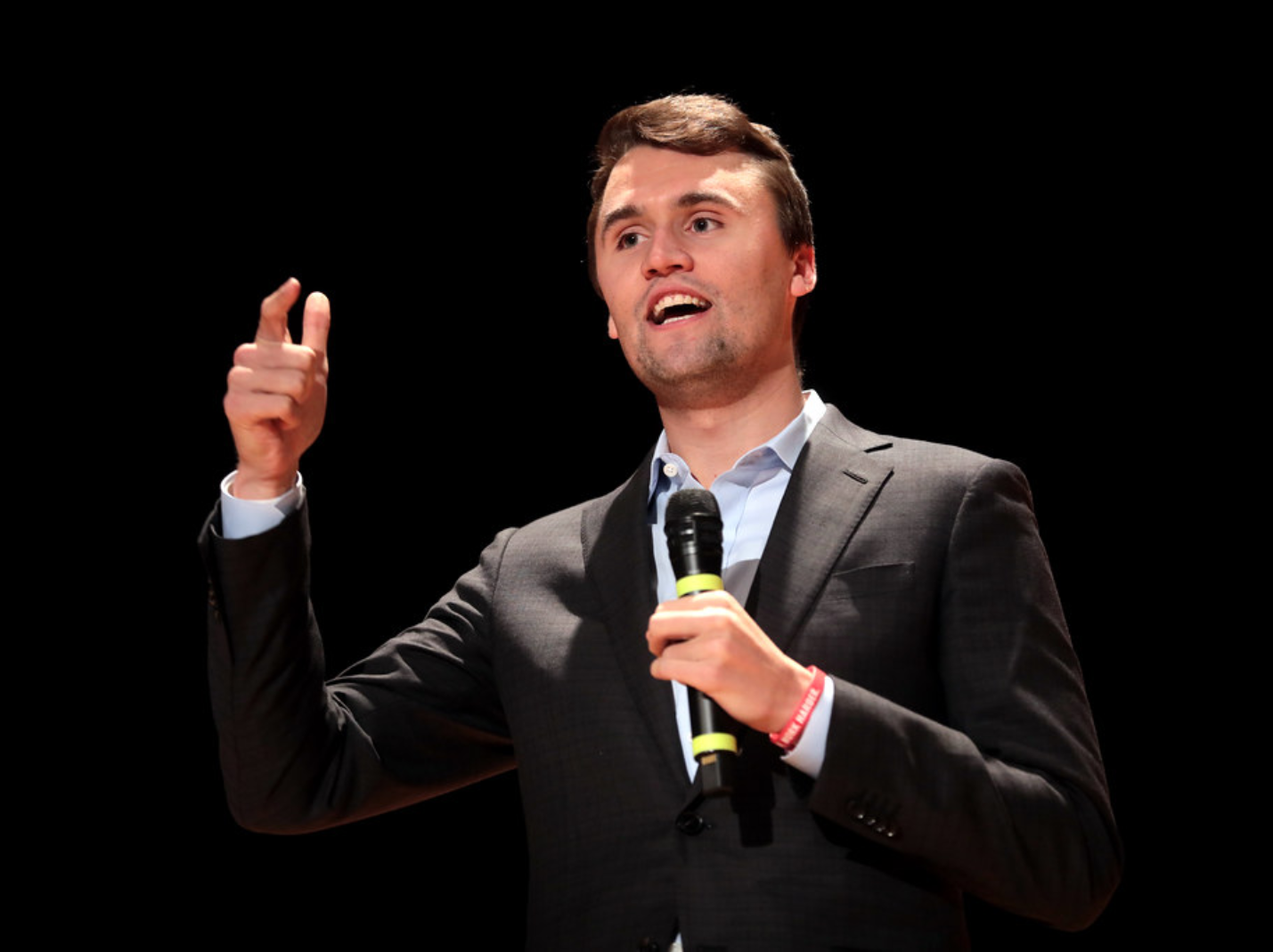
Socrates reportedly said, “Education is the kindling of a flame, not the filling of a vessel.” Yet, most college faculty have abandoned that principle.
Instead of cultivating intellectual curiosity, critical thinking, and the pursuit of truth in their students, too many professors today use their classrooms as a platform to impose the rigid ideology and cultural orthodoxy of the progressive left.
No wonder surveys consistently show that a vast majority of college faculty identify themselves as liberal or very liberal. For example, in 2022, Harvard University faculty holding liberal or very liberal views outnumbered conservative-leaning faculty by a margin of 82 to 1.
Unsurprisingly, 80 percent of liberal faculty regard expanding political diversity in the academy as less important—or not important at all—than advancing race and gender diversity among their ranks, thereby reinforcing their firm grip over the perspectives permitted in college classrooms.
The results are predictable: 61 percent of students say they are often intimidated from sharing beliefs that differ from their professors, and two out of three admit to self-censoring during class discussions—especially on issues of gender and sexuality, race, or religion.
The offense of enforcing ideological conformity in the classroom cuts both ways. Faculty not only silence dissenting students, undermining the learning environment and stifling open debate and discussion, but also deprive like-minded students of the intellectual rigor that comes from having their views challenged.
[RELATED: Charlie Kirk Fought for an Education That Restores American Faith and Values]
The intolerance of dissenting views cultivated by faculty extends beyond the classroom, as evident in the growing number of students who believe it is acceptable to disrupt or shout down speakers with whom they disagree—or even resort to violence to suppress opposing viewpoints.
When differing views are cast as dangerous or threatening, any effort to silence those voices may seem justified.
Into this breach stepped Charlie Kirk, the founder and president of Turning Point USA (TPUSA).
A guy with no college degree, professional credentials, or formal expertise in religion, philosophy, sociology, political theory, or public policy—though, to his credit, he admitted to reading lots of books over the years.
Kirk believed that college students, as future voters, were worth listening to. Through an open microphone, he invited students, especially those who vehemently opposed his values and beliefs, to state and defend their views, ask serious questions, and respond when challenged.
Tens of thousands of students attended his free speech campus forums to hear his ideas, dispute his beliefs, and wrestle with concepts in ways few professors today dare to encourage—openly, passionately debating, and thinking critically for themselves.
Kirk’s campus events were never pre-scripted, restricted to predetermined topics, or limited to a few hand-picked questioners, and they were never intended to serve as an echo chamber for his firmly held political and religious beliefs.
When given the opportunity to debate Kirk, some students stammered and faltered under the pressure, while others hurled insults when all else failed. Still, others engaged in a vigorous and respectful back-and-forth, ultimately agreeing to disagree.
Kirk wasn’t interested in proselytizing, nor was he trying to win converts on the spot. He understood that dismantling the left’s ideological grip on students would take time.
Instead, he came to champion the values of intellectual curiosity, open dialogue, and the pursuit of objective truth—and to confront a campus culture increasingly hostile to diversity of thought and skeptical inquiry.
In an environment that promotes gender fluidity, moral relativism, and ideological conformity, Charlie’s religious and political views were his North Star—fixed and constant.
He believed that by opening himself to a disillusioned and distracted generation, he could slowly transform hearts and minds by standing firm for the fundamental principles of Western Civilization—human dignity, Christian values, free speech, individual liberty, and the enduring truths of human nature rooted in science and creation.
Charlie’s goal was never to embarrass or belittle students. Instead, he sought to stretch their thinking, inviting them to wrestle with unfamiliar ideas, test their assumptions, and sharpen their reasoning in the process.
It was an exercise in genuine education: learning not what to think, but how to think.
Tragically, far too few faculty model this practice in today’s classrooms. Too often, faculty impose conformity rather than cultivate discourse, neglecting the very dialogue that sparks self-reflection, hones critical thinking, and drives the pursuit of knowledge.
Kirk recognized where this path led, and that is why he so persistently defended the value of open dialogue, even in the face of hostility and risk.
At one of his campus events, when asked by a student, “Why are you here?” Kirk responded:
When people stop talking, really bad stuff starts. When marriages stop talking, divorce happens. When churches stop talking, they fall apart. When civilizations stop talking, civil war ensues. When you stop having a human connection with someone you disagree with, it becomes a lot easier to want to commit violence against that group … What we as a culture have to get back to is being able to have a reasonable disagreement where violence is not an option.
Words to live by, made all the more powerful by Charlie Kirk’s courage and ultimate sacrifice.
Image: “Charlie Kirk speaking with attendees at the Culture War tour at the Ohio Union at Ohio State University in Columbus, Ohio” by Gage Skidmore on Flickr